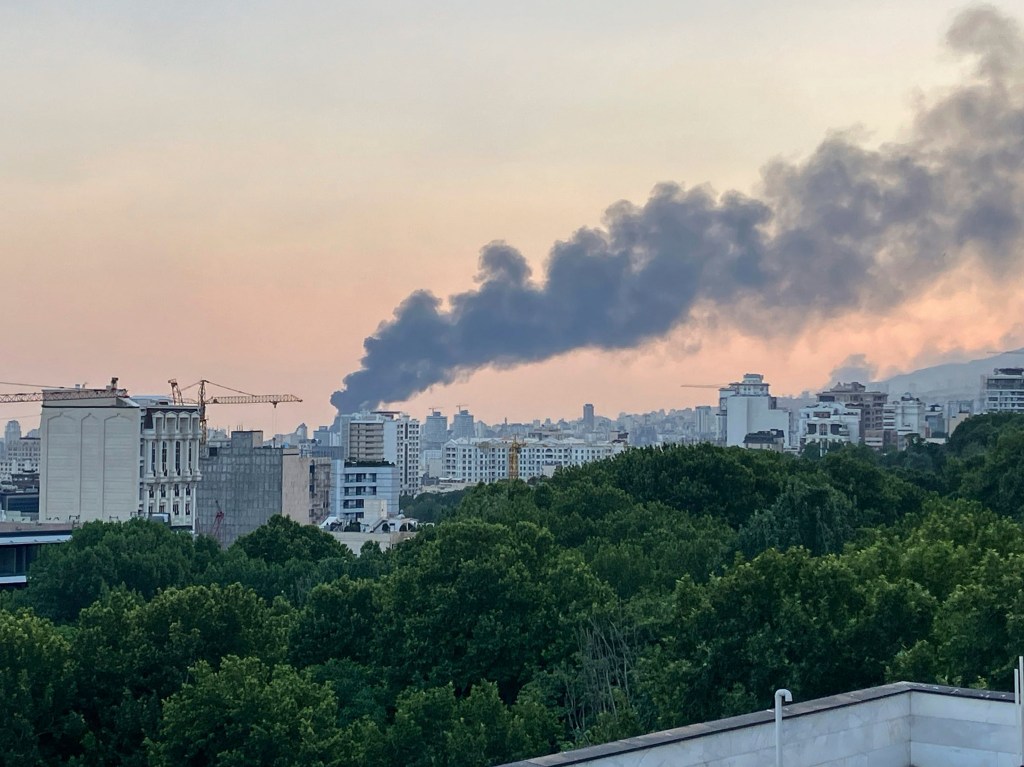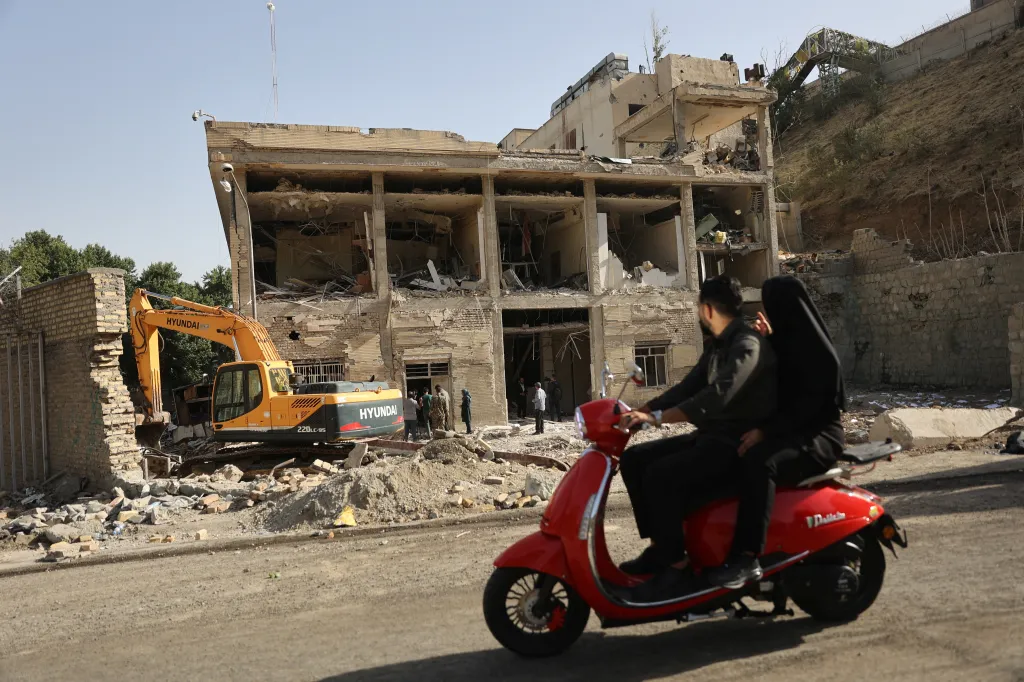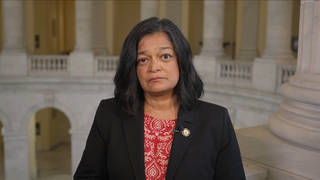New York, June 23, 2025— Eight Azerbaijani journalists have received prison sentences ranging from 7 ½ to 15 years, as part of an ongoing series of media trials likely to obliterate independent reporting in the Caucasus nation.
In a closed-door trial on Monday, columnist and peace activist Bahruz Samadov was sentenced by a court in the capital Baku to 15 years in prison for treason, after going on a hunger strike and attempting suicide the previous week.
On Friday, six journalists from Abzas Media, widely regarded as Azerbaijan’s most prominent anticorruption investigative outlet, were found guilty of acting as an organized group to commit multiple financial crimes, including currency smuggling, money laundering, and tax evasion, linked to alleged receipt of illegal Western donor funding:
- director Ulvi Hasanli, editor-in-chief Sevinj Vagifgizi (Abbasova), journalist Hafiz Babali – sentenced to 9 years
- reporters Nargiz Absalamova and Elnara Gasimova – sentenced to 8 years
- project coordinator Mahammad Kekalov – sentenced to 7 ½ years
In addition, journalist Farid Mehralizada from U.S. Congress-funded broadcaster Radio Free Europe/Radio Liberty’s Azerbaijani service received a 9-year sentence as part of the same trial.
“The heavy sentences meted out to seven journalists in the Abzas Media case and to columnist Bahruz Samadov signal Azerbaijani authorities’ intent to wipe out what remains of independent coverage,” said Gulnoza Said, CPJ’s Europe and Central Asia program coordinator. “Reports that Samadov has attempted suicide are particularly concerning. Authorities should ensure Samadov’s wellbeing and immediately release all wrongly jailed journalists.”
Abzas Media told CPJ in a statement that the charges against their staff were “absurd and fabricated” and their “only ‘offense’ was exposing corruption, abuse of power, and informing the public of inconvenient truths.”
RFE/RL condemned Mehralizada’s sentence as a “sham” and “unnecessarily cruel.”
Treason case shrouded in secrecy
More than 20 leading Azerbaijani journalists have been jailed on charges of receiving funds from Western donors since late 2023, amid a decline in relations with the West and a surge in authoritarianism following Azerbaijan’s recapture of the disputed Nagorno-Karabakh region, ending decades of separatist Armenian rule.
Azerbaijan was the world’s 10th worst jailer with 13 journalists behind bars in CPJ’s latest annual prison census on December 1, 2024.
Full details of the charges against Samadov, who contributes to Georgia-based OC Media and U.S.-based Eurasianet and was detained by state security officers while visiting his family in Azerbaijan in 2024, have not been made public. Authorities classified as secret the case against Samadov, a prominent advocate for peace with neighboring Armenia and a doctoral student in the Czech Republic.
Pro-government media, which receive regular “recommendations” from authorities on what to publish, have denounced Samadov for writing “subversive” articles for the “anti-Azerbaijan” Eurasianet. His reporting, reviewed by CPJ, focuses on growing Azerbaijani militarism and authoritarianism.
‘Absurd’ charges in reprisal for corruption reporting
As the June 20 verdicts were read out, Abzas Media journalists turned their backs on the judges and held up posters of the outlet’s corruption investigations into senior officials, including the president’s family.
President Ilham Aliyev took over from his father in 2003 and won a fifth consecutive term in 2024.
Abzas Media continues to operate from exile.
Western-funded ‘spies’
Amid a major state media campaign against Western-funded “spies,” police raided Abzas Media’s office in November 2023 and said they found 40,000 euros (US$45,900), accusing U.S., French, and German embassies of funding the outlet illegally.
Police arrested the six journalists over the following three months. In 2024, Mehralizada was also detained, though he and Abzas Media denied that he worked for the outlet.
Azerbaijani law requires civil society groups to obtain state approval for foreign grants, which authorities accuse Abzas Media of failing to do.
Defense arguments, reviewed by CPJ, said that such an omission was punishable by fines, not criminal sanctions, and prosecutors did not provide evidence the journalists engaged in criminal activity. Rights advocates accuse Azerbaijan of routinely withholding permission for foreign grants and refusing to register organizations that seek them.
In February, Aziz Orujov, director of independent broadcaster Kanal 13, was sentenced to two years in prison on illegal construction charges. In December, Teymur Karimov, head of independent broadcaster Kanal 11 was sentenced to eight years in prison.
Five journalists from Toplum TV and 10 with Meydan TV face trial on similar foreign funding allegations.
Editor’s note: This text has been amended in the ninth paragraph to correct the number of journalists facing charges of receiving funds from Western donors.
This content originally appeared on Committee to Protect Journalists and was authored by CPJ Staff.
This post was originally published on Radio Free.


